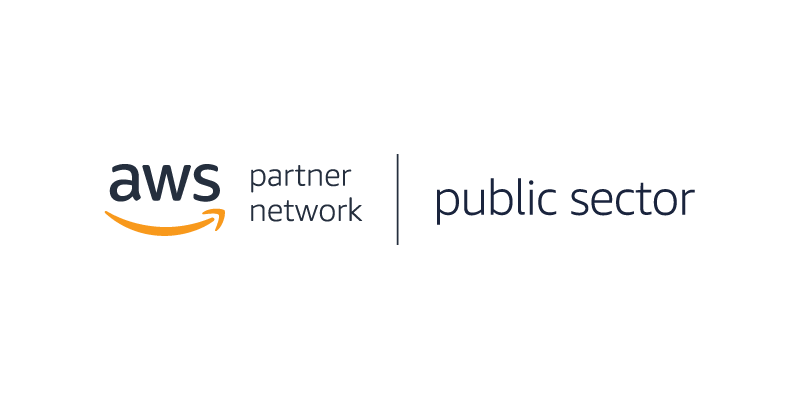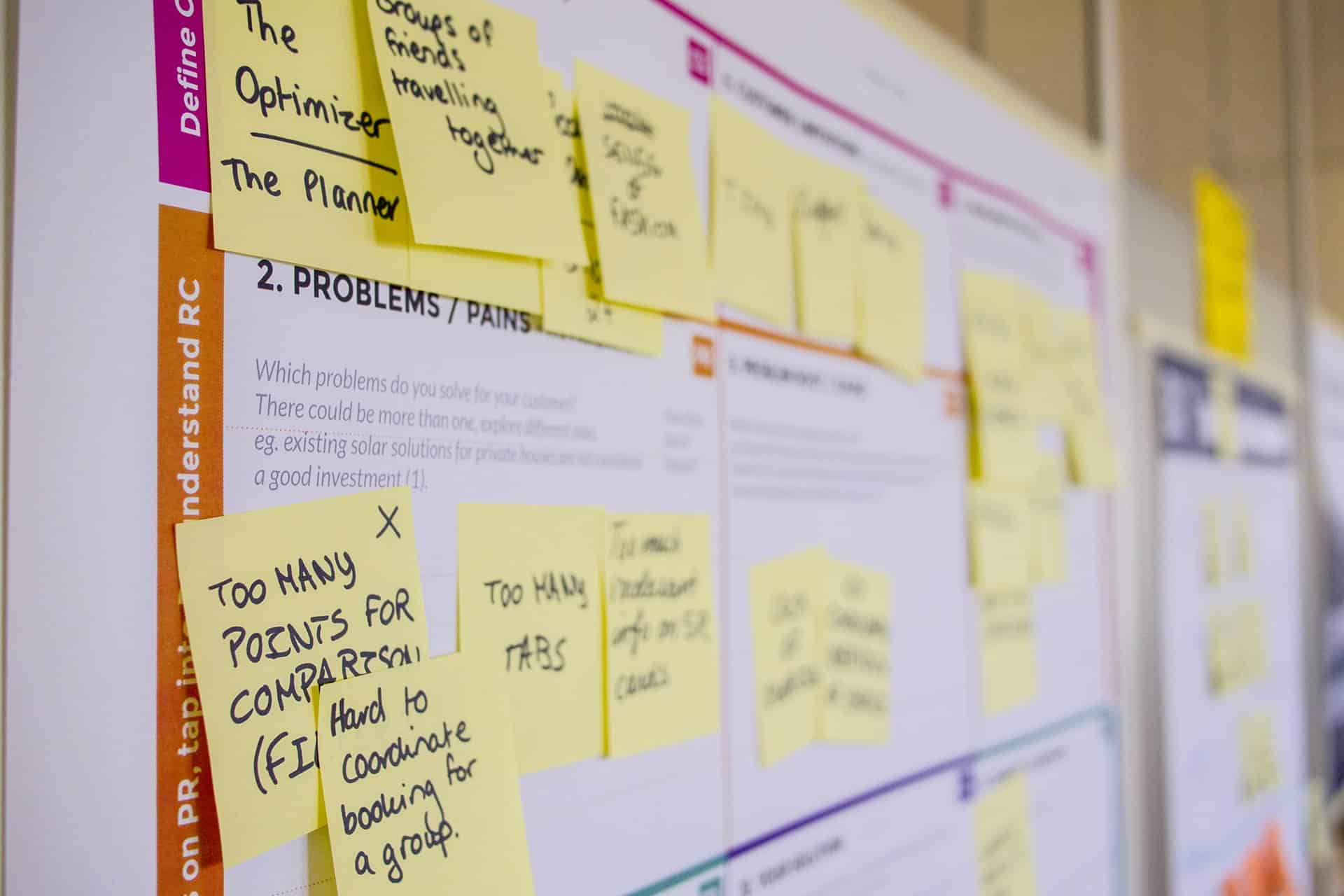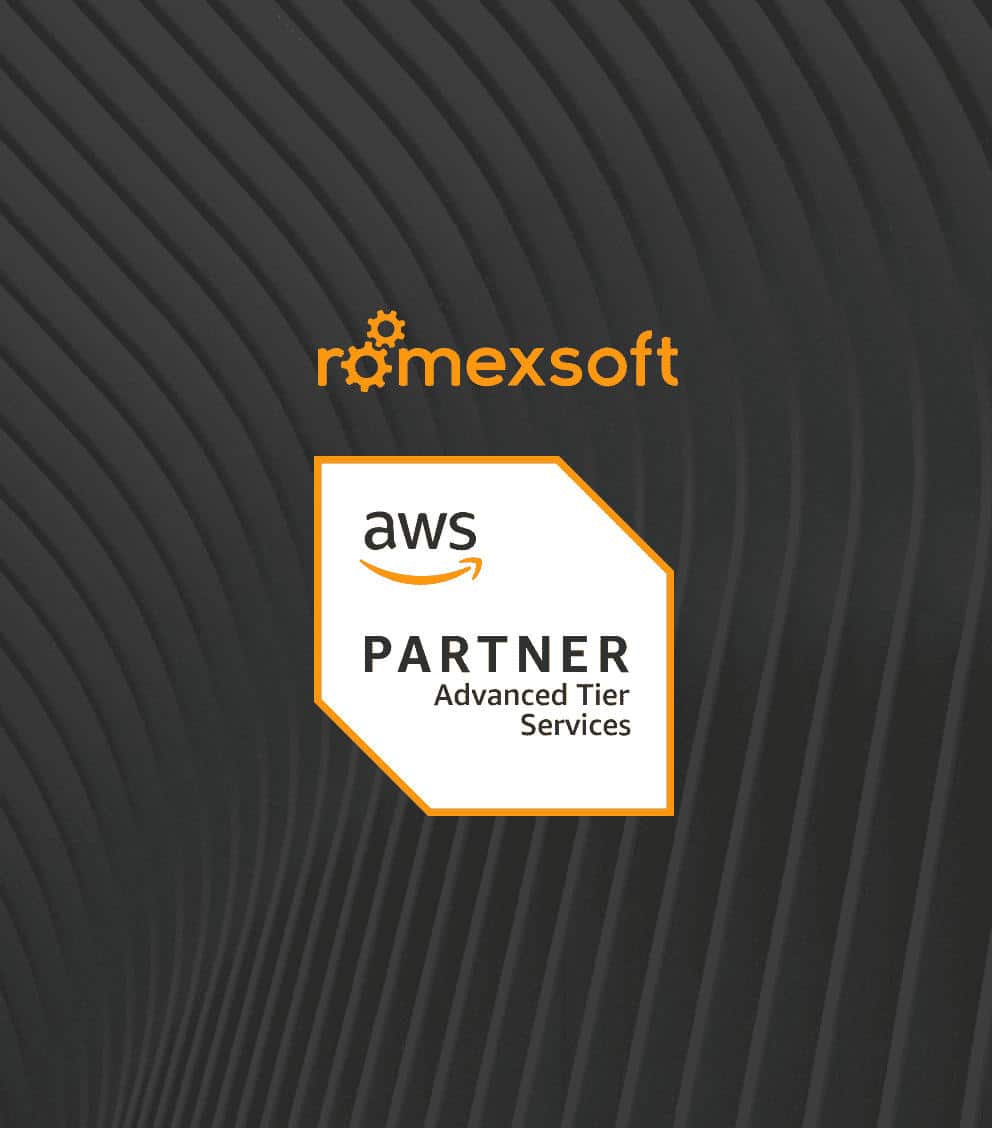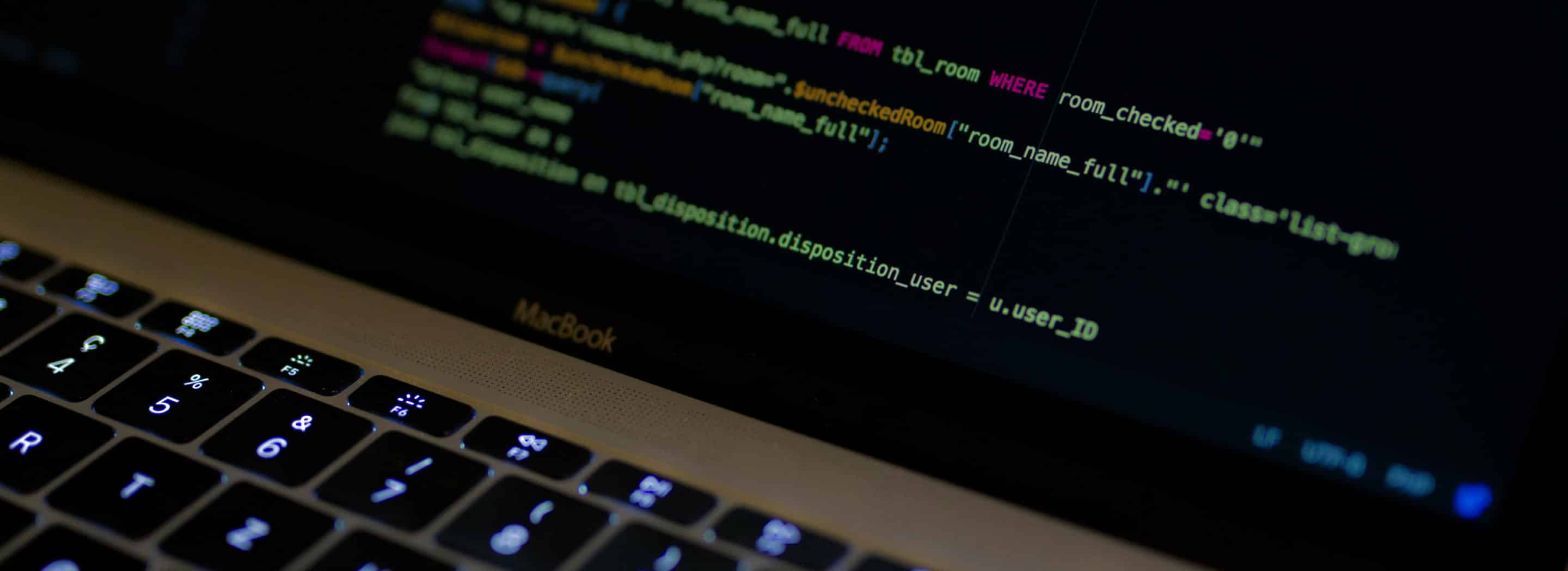Expertise In
- Software Architecture
- Application Modernization
- SaaS Development
- SaaS DevOps
- Application Observability
- HIPAA Compliance
Due to his leadership skills and dedication to the success of the fintech projects he was involved in, he soon became a senior business analyst.
In this role, he elicits and documents requirements for complex BFSI projects, as well as plans and oversees their delivery, ensuring they adhere to timelines, budgets, and quality standards.
Author’s Top Article

We created this article to talk about:
- What benefits every SaaS company should expect from App Modernization?
- How to align an Application Modernization Strategy with business goals?
- How to Modernize SaaS Apps and Platforms they are run on?
- How to build a real-world App Modernization Roadmap?
Author’s All Publications

After reading this article, not only will you get acquainted with the fundamentals of the legacy app assessment, but also gain insights on how to implement the practical suggestions to take full advantage of your system review.
Initial steps matter the most, so if you’re contemplating digital transformation and legacy systems modernization, understanding the meaning and their essence related specifically to your organization is essential.

Romexsoft is pleased to announce that it has been honored to become an approved member of the AWS Public Sector Partner Program. AWS Public Sector organization is a growing community of partners serving healthcare, government, education, space and nonprofit customers.

We have written this article to aid professionals who are embarking on their first application modernization journey.
This article explains:
- How having a smart application modernization roadmap can help.
- How you can use the AWS app modernization framework in the process.
- Where to start if you want to create an app modernization roadmap yourself.
- How to create an application modernization roadmap using our advices.

We created this article to talk about:
- What benefits every SaaS company should expect from App Modernization?
- How to align an Application Modernization Strategy with business goals?
- How to Modernize SaaS Apps and Platforms they are run on?
- How to build a real-world App Modernization Roadmap?

While looking for a potential AWS partner, many companies face the following challenges:
- How to choose the right AWS Partner?
- What is AWS Partnership Network?
- How to find an AWS-certified partner that possesses the expertise I need?
This blog will help you get a better understanding of AWS Partner Network, AWS partnership types, and questions you should ask before you make a decision on what company to cooperate with. Start working with an AWS partner and forget about the operational overhead!

- Got an enterprise web development project at stake?
-
Here you will find useful insights on:
- Pillars of Successful Enterprise Web Application Development
- Web Application Development Costs
- How to choose the right Tech Stack, Framework, Lifecycle Model and Development Process
- Security Best Practices and Viable Authentification Methods
-
This guide covers all the essential preps & pillars of building a robust and secure app.

In this whitepaper we outlined the main security processes and features AWS offers its customers, namely:
- AWS Security Standards (Customer responsibility vs AWS responsibility)
- AWS Account Security Features
- AWS Service-Specific and Cloud Storage Security
- AWS Networking Services and Database Services Security
- AWS Security Best Practices & Essential AWS Security Documents
Security is a top priority for AWS, but one should always bear in mind that AWS Cloud Security is a shared responsibility between a customer and Amazon. This whitepaper will help you understand the zones of responsibility for each party.

